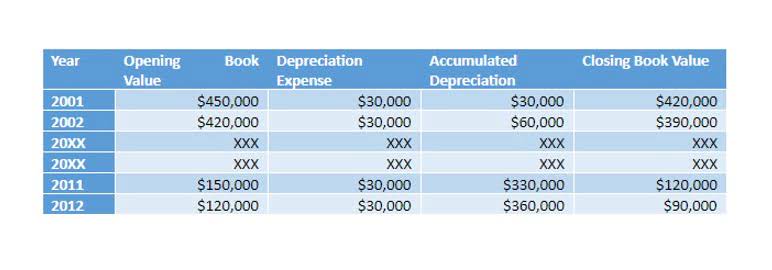
These entities often seek bookkeepers who understand the unique challenges of subscription-based revenue models and rapid scalability. Bookkeeping for tech startups, especially those in SaaS, involves tracking customer Bookkeeping for Any Business Industry acquisition costs, analyzing churn rates, and managing complex revenue recognition rules. In the realm of bookkeeping niches, strategizing for both client acquisition and retention is essential. Bookkeepers must identify ideal clients and tailor services to meet their specific needs to stay competitive and profitable.
- Financial institutions, investors, and the government need accurate bookkeeping accounting to make better lending and investing decisions.
- This strategic approach allows for greater financial transparency, a cornerstone of business success.
- Specific industries may impose distinct financial reporting standards, and staying up-to-date with these is critical for bookkeepers to provide accurate and lawful service.
- Trust forged between two people—client and accountant—is a bond impossible for AI to replicate.
- Regular updates, transparency in reporting and being responsive to client inquiries are non-negotiable components of a strong partnership.
- Expense tracking helps in monitoring the cash outflows and controlling unnecessary expenses, while income tracking reflects the business’s profitability.
- The Internet has become a part of our daily lives, and the need for software to service our various needs is growing.
Utilizing Technology to Enhance Bookkeeping Services
Many firms are already using process automation software to automate repetitive https://www.bookstime.com/industries tasks, such as data entry and invoice processing. This automation frees up bookkeeping professionals to focus on more complex tasks, such as analysis and strategic planning. Using the data you gain from keeping a ledger, your next step will be to generate and prepare financial reports for analysis. The major reports to include are the profit and loss, the balance sheet, and a cash flow analysis.

Understanding Regulations and Compliance

By leveraging the latest accounting software solutions and adapting to evolving market trends, niche bookkeepers can maintain a competitive edge. It involves analyzing different sectors to determine the level of demand and the potential for growth. Growing niches are particularly attractive as they promise expanding clientele and revenue opportunities. For example, with the rise of digital businesses, there is a heightened need for bookkeepers skilled in e-commerce accounting. A bookkeeper records and classifies a company’s daily financial transactions such as sales, payroll, payment of bills, etc.

Understanding Bookkeeping in Businesses
Proficient in tracking and reporting on sustainability initiatives, such bookkeepers help companies be transparent about their environmental practices. As sustainability becomes more integral to business operations, the need for knowledgeable bookkeepers in this area will likely grow, creating future opportunities for specialization. Specialization in an accounting niche requires continuous research and education to stay current with industry trends and changes in financial regulations. A niche market QuickBooks is ever-evolving; hence, a bookkeeper must maintain an ongoing focus on their chosen field to ensure they provide the most accurate and timely advice. Selecting a bookkeeping niche involves focusing one’s expertise and services to cater to a specific industry or field.
This is the reason healthcare professionals thoroughly invest in bookkeeping services to stay ahead of the competitors and provide top-notch services to customers. Outsourced bookkeeping services enable the owners to stay focused on their core business activities while boosting their overall business growth. The real estate industry is one of the fast-growing sectors in this competitive market. Real-estate businesses deal with large transactions and documents, which makes managing books challenging. A small business can likely do all its own bookkeeping using accounting software. Many of the operations are automated in the software, making it easy to get accurate debits and credits entered.
- There are many ways to divide bookkeeping responsibilities and leverage powerful technology and small business accounting software for more accurate expense tracking.
- Businesses need to determine how tailored the bookkeeping solutions are to their specific needs, including adapting to the industry’s complexity.
- Profit margins must account for direct costs, such as software subscriptions and indirect costs, including marketing.
- Here are some of the most frequently asked questions on bookkeeping for small businesses.
- In 2016, 1,730,500 people were employed in the U.S. as bookkeeping, accounting, and auditing clerks.
- Unless they are a certified public accountant (CPA), bookkeepers should not prepare tax returns or sign the returns as a paid preparer.
